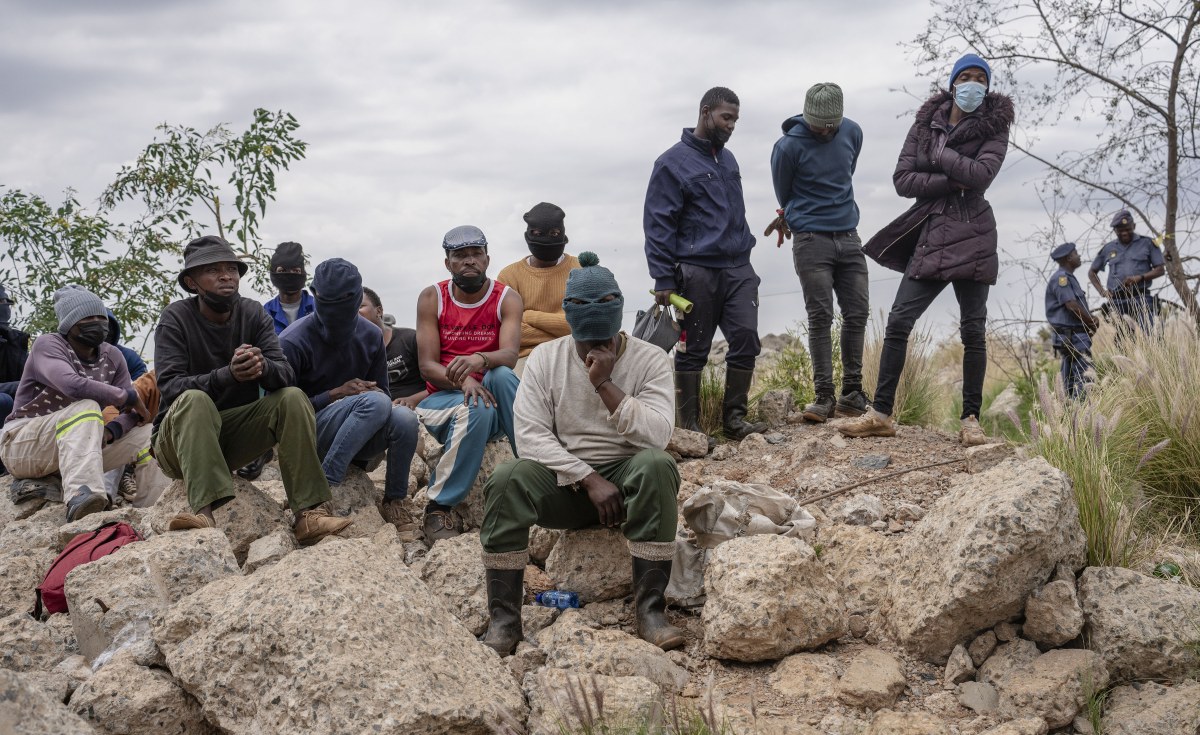Government and its partners have set aside savings funds and loans for women communal farmers to cushion them from hunger and gender-based violence through the climate resilient livelihoods programme.
The programme has introduced village savings and lending groups, enabling community members to save and access low-interest loans to fund agricultural and entrepreneurial activities.
The United Nations Development Programme, in collaboration with the Government and the Green Climate Fund, is spearheading the programmes in several places including Foroma Village in Chipinge District.
This ground-breaking initiative is not only combating the adverse effects of climate change, but also addressing gender-based violence by creating sustainable and supportive livelihoods.
Headman Mandamugiyo hailed the move, saying before implementation, two out of every five cases in his traditional court involved gender-based violence, primarily fuelled by bread-and-butter issues.
“The introduction of savings groups has provided my community, especially couples, with an opportunity to earn their income, which has been essential in reducing domestic conflicts,” he said.
“This project has given people meaningful activities, leaving little time for disagreements. By the day’s end, we are tired but satisfied.”
A beneficiary, 48-year-old Mrs Lucia Mashava, expressed her gratitude.
“In my 29 years of marriage, I have never enjoyed spending time with my family as much as I do now. Arguments over money and food are a thing of the past,” she said.
Similarly, Mr Taurai Mbambu, another community member, highlighted the project’s impact on his mental health and family life.
He was initially sceptical before joining the village savings and lending group after witnessing his wife’s success.
“When we meet as groups, we discuss not only finances, but also strategies for resolving conflicts peacefully. This project has significantly changed our lives and behaviour,” he said.
Project manager Mr Rungano Benza emphasised, “The programme is more than a climate initiative; it’s a community transformation effort. By addressing livelihoods, we are reducing gender-based violence and fostering harmony.”
Beyond village savings and lending groups, the programme is equipping farmers with tools and knowledge to adopt climate-resilient agricultural practices, enhancing food security and incomes.
Investments in bee apiaries further provide a sustainable source of income while promoting biodiversity.










